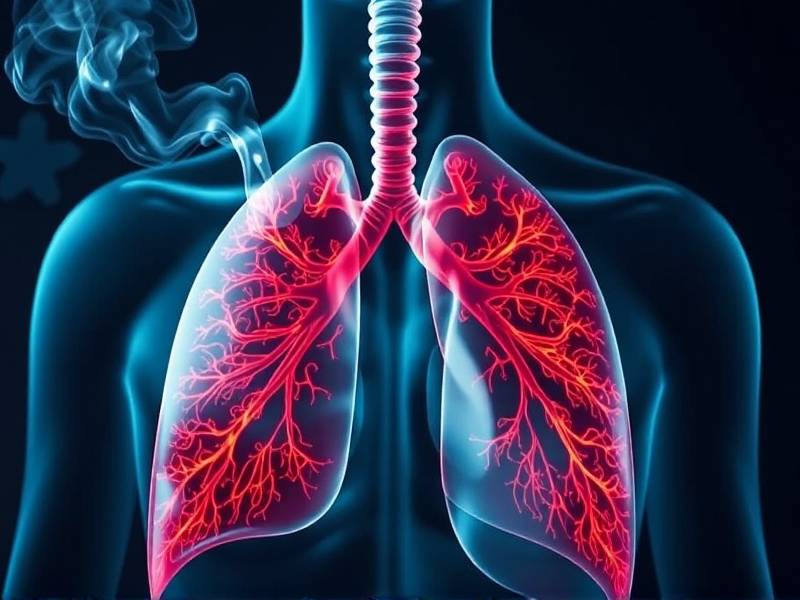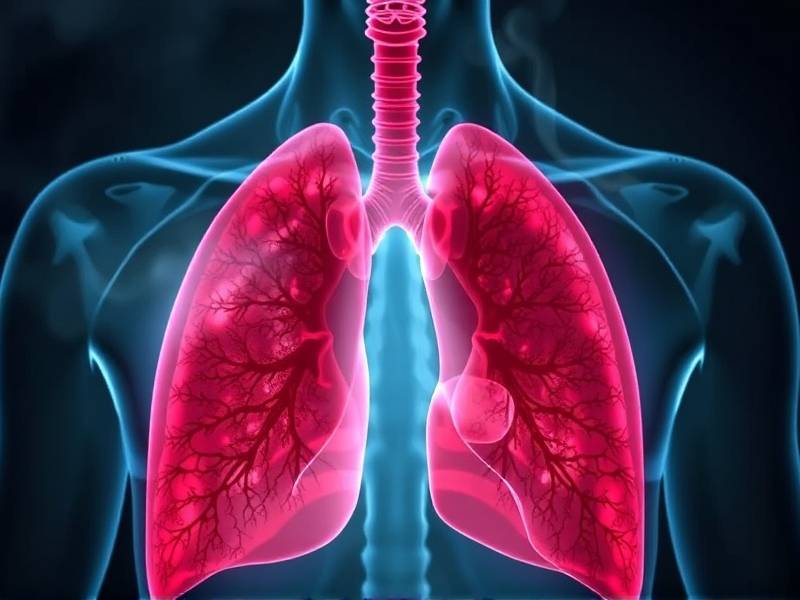How to Clear Up Your Lungs After Quitting Smoking: Effective Methods for Better Health
How to Clear Up Your Lungs After Quitting Smoking: Effective Methods for Better Health
Introduction: Quitting smoking is a significant step towards better health, but it's not an easy journey. One of the most challenging aspects of quitting is dealing with the lingering effects of smoking on your lungs. In this article, we will explore effective methods to help clear up your lungs after quitting smoking, providing you with the knowledge and tools to improve your health and well-being.
I. Understanding the Impact of Smoking on Lungs Before diving into the methods for clearing up your lungs, it's essential to understand how smoking affects your respiratory system. The harmful chemicals in cigarettes can cause inflammation, damage lung tissue, and lead to a variety of respiratory issues such as chronic bronchitis and emphysema.

II. The Importance of Post-Quitting Lung Care Once you've quit smoking, taking steps to care for your lungs is crucial for recovery and preventing further damage. By following these effective methods, you can help clear out tar and other toxins accumulated in your lungs over time.
III. Effective Methods for Clearing Up Your Lungs After Quitting Smoking
-
Increase Physical Activity Regular exercise helps improve lung function by increasing oxygen flow throughout the body. Engaging in activities such as walking, jogging, or cycling can help enhance lung capacity and promote overall respiratory health.
-
Practice Deep Breathing Exercises Deep breathing exercises can help expand your lung capacity and improve oxygenation. Techniques like diaphragmatic breathing or pursed-lip breathing can be particularly beneficial after quitting smoking.
-
Stay Hydrated Drinking plenty of water helps maintain healthy mucus production in the lungs, making it easier to clear out trapped particles and reduce inflammation.
-
Avoid Exposure to Pollutants Minimize exposure to secondhand smoke, dust particles, pollen, and other irritants that can exacerbate respiratory issues after quitting smoking.
-
Consider Pulmonary Rehabilitation Pulmonary rehabilitation programs offer tailored exercises and education aimed at improving lung function in individuals with chronic respiratory conditions like COPD (Chronic Obstructive Pulmonary Disease). These programs may be especially beneficial if you've been a heavy smoker for an extended period.
-
Use Over-the-Counter Remedies Wisely While medications like cough syrup may provide temporary relief from symptoms like coughing or wheezing, they should be used cautiously under medical guidance as they may not address the underlying causes of these symptoms.

IV. Monitor Your Progress Tracking your progress is essential in understanding how well you're clearing up your lungs after quitting smoking. Keep a journal of any changes in symptoms or lung function over time.
Conclusion: Clearing up your lungs after quitting smoking is a gradual process that requires dedication and patience. By incorporating these effective methods into your daily routine and monitoring your progress, you'll be well on your way to improved respiratory health and overall well-being.
